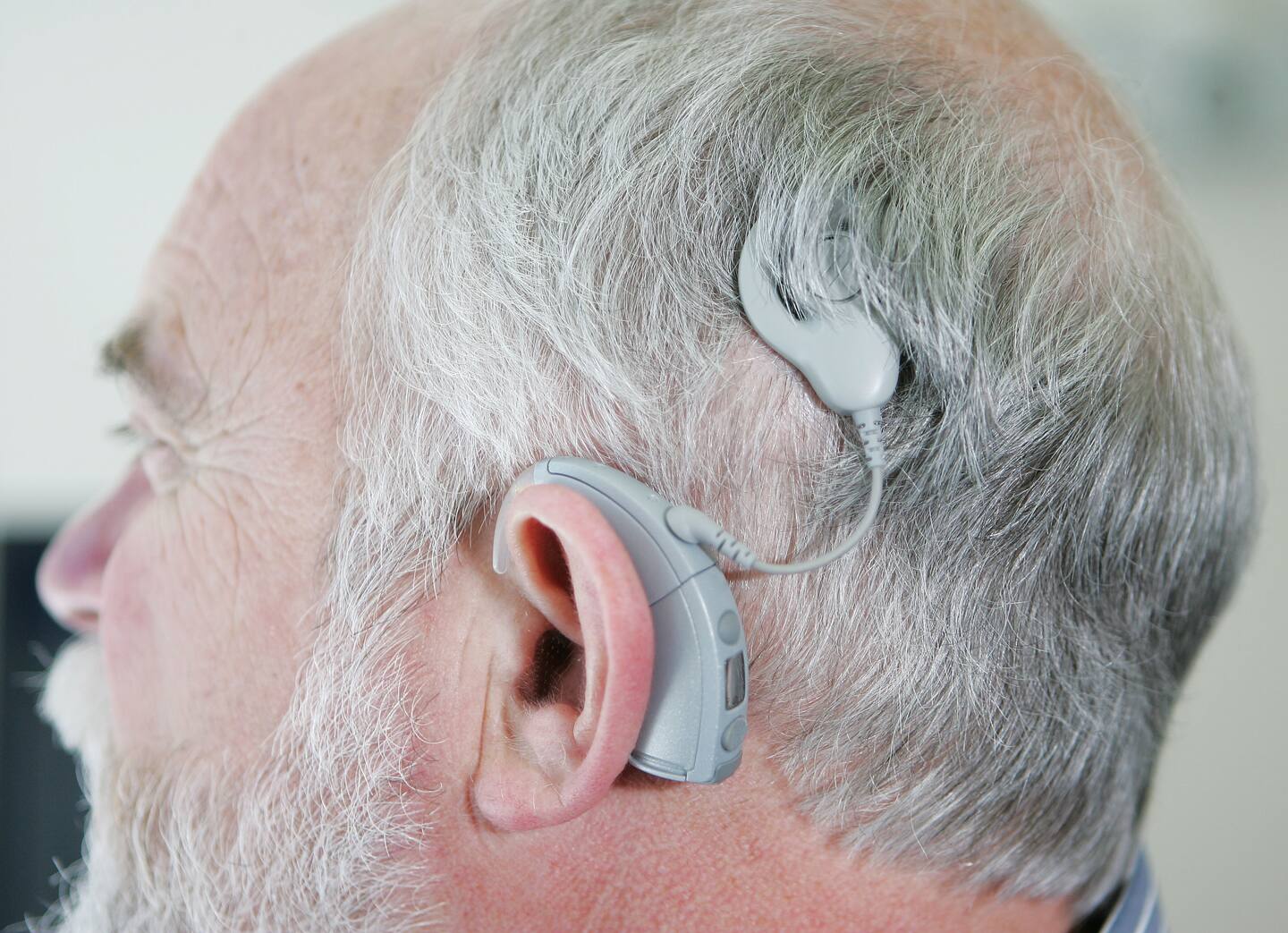Health
Doctor Urges Awareness of Hearing Loss Beyond Loud Sounds

Hearing loss is increasingly becoming a significant health concern, affecting approximately 1 in every 5 Kiwis in New Zealand. As the population ages, experts warn that this issue is expected to escalate dramatically over the coming decades. Dr Michel Neeff, a leading ear, nose, and throat (ENT) surgeon, recently discussed the nuances of hearing loss on the Health Hub program with host Tim Beveridge.
During the conversation, Dr Neeff emphasized that the perception of hearing loss often revolves solely around exposure to loud sounds. While excessive noise can certainly damage hearing, he pointed out that various factors contribute to this condition. Many people remain unaware of the gradual nature of hearing loss, which can often go unchecked until it significantly impacts their daily lives.
Dr Neeff explained that hearing loss can stem from a range of causes, including age-related changes, genetic predispositions, and even medical conditions. It is crucial for individuals to recognize the symptoms early. Signs can include difficulty following conversations, needing to increase the volume on devices, or experiencing muffled sounds in everyday environments.
In his discussion, Dr Neeff highlighted the importance of regular hearing assessments, regardless of age. He noted that >many people do not consider getting their hearing checked until they are older. “It’s vital for everyone, not just seniors, to be proactive about their hearing health,” he stated. Regular check-ups can help detect issues early and facilitate better management of hearing health.
The surgeon also stressed that the emotional and social impacts of hearing loss should not be overlooked. Individuals may experience feelings of isolation or frustration when they struggle to communicate effectively. Addressing hearing loss can significantly enhance quality of life, enabling individuals to engage more fully with their families and communities.
Looking ahead, the projected increase in hearing loss cases poses a substantial public health challenge. As the population ages, the demand for hearing-related services and interventions is likely to rise. Dr Neeff advocates for awareness campaigns aimed at educating the public about the risks associated with untreated hearing loss, as well as the importance of early detection and intervention.
In conclusion, Dr Neeff’s insights serve as a reminder that hearing health is a critical component of overall well-being. The growing prevalence of hearing loss necessitates a shift in how society views this condition. By prioritizing hearing health and encouraging routine check-ups, individuals can take charge of their auditory health and mitigate the long-term effects of hearing loss.
-

 World2 weeks ago
World2 weeks agoPrivate Funeral Held for Dean Field and His Three Children
-

 Top Stories3 weeks ago
Top Stories3 weeks agoFuneral Planned for Field Siblings After Tragic House Fire
-

 Sports3 months ago
Sports3 months agoNetball New Zealand Stands Down Dame Noeline Taurua for Series
-

 Entertainment3 months ago
Entertainment3 months agoTributes Pour In for Lachlan Rofe, Reality Star, Dead at 47
-

 Entertainment2 months ago
Entertainment2 months agoNew ‘Maverick’ Chaser Joins Beat the Chasers Season Finale
-

 Sports3 months ago
Sports3 months agoSilver Ferns Legend Laura Langman Criticizes Team’s Attitude
-

 Sports1 month ago
Sports1 month agoEli Katoa Rushed to Hospital After Sideline Incident During Match
-

 World4 weeks ago
World4 weeks agoInvestigation Underway in Tragic Sanson House Fire Involving Family
-

 Politics2 months ago
Politics2 months agoNetball NZ Calls for Respect Amid Dame Taurua’s Standoff
-

 Top Stories3 weeks ago
Top Stories3 weeks agoShock and Grief Follow Tragic Family Deaths in New Zealand
-

 Sports2 weeks ago
Sports2 weeks agoEli Katoa Shares Positive Recovery Update After Brain Surgery
-

 Entertainment4 months ago
Entertainment4 months agoKhloe Kardashian Embraces Innovative Stem Cell Therapy in Mexico

















